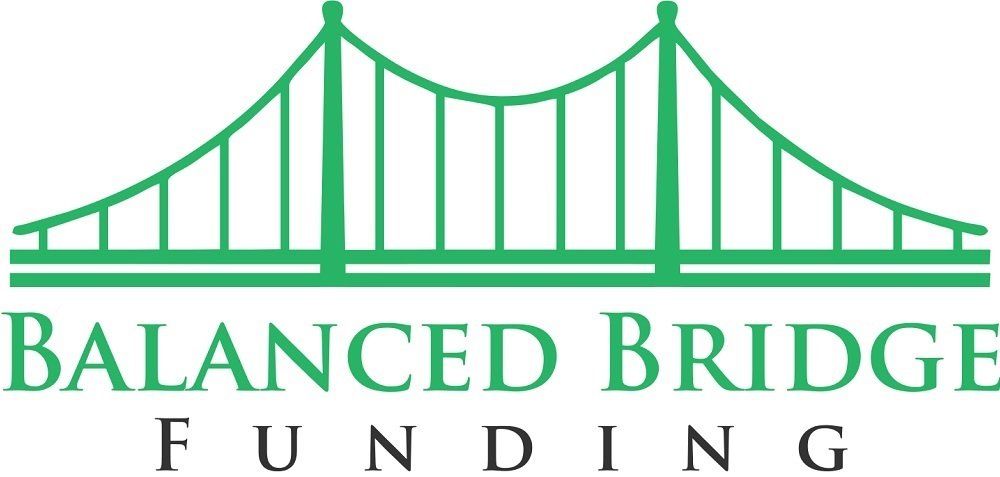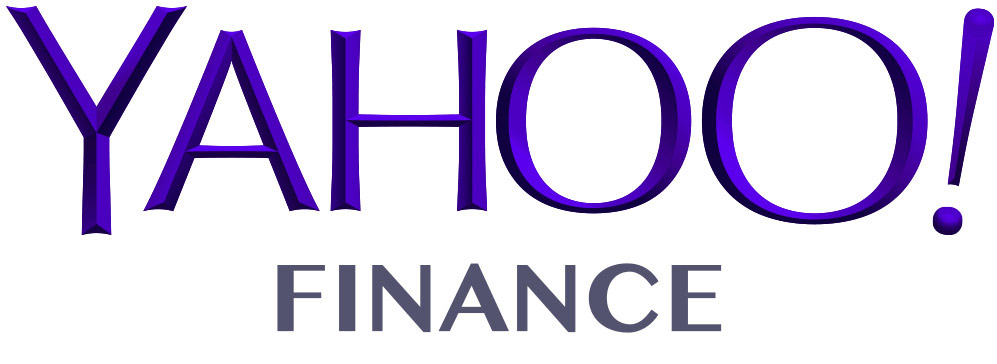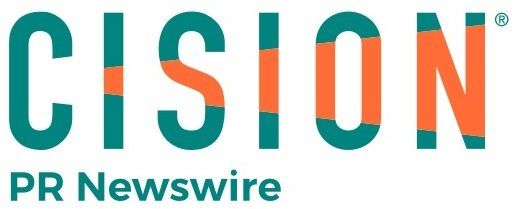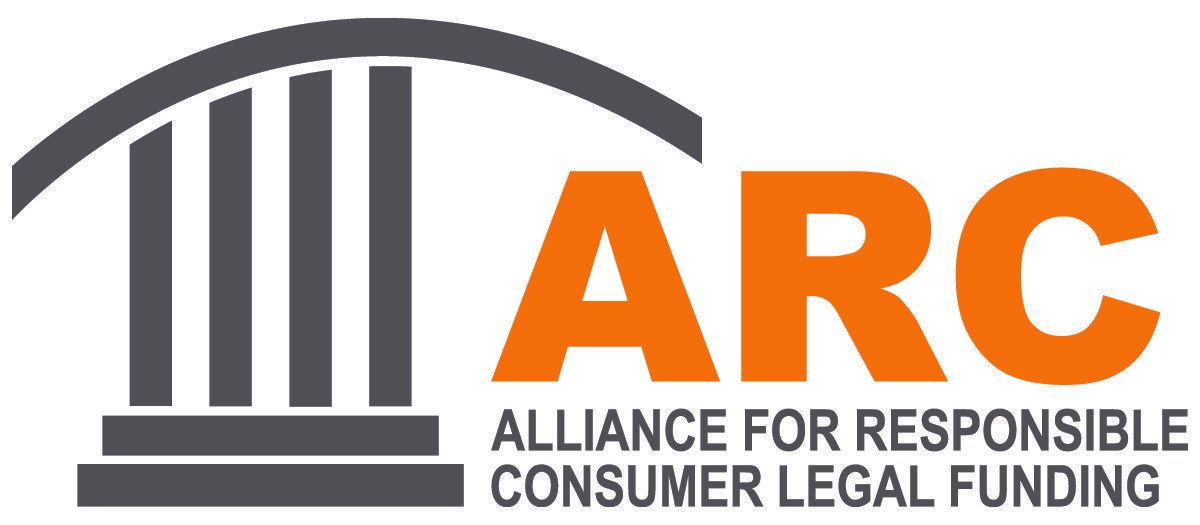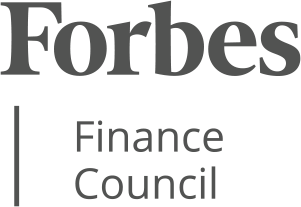Funding on Attorney Fees from Veterans Disability Compensation Cases
Funding on Attorney Fees from Veterans Disability Compensation Cases
Home
» Legal Funding
» Attorney Funding
» Attorneys Financing on Veterans Disability Compensation Claims
There are considerable nuances when dealing with veterans’ disability. The Department of Veterans Affairs (VA) administers various programs through the Veterans Benefits Administration (VBA). The VBA handles non-medical benefits for veterans, including disability compensation, pensions, educational benefits like the Montgomery GI Bill, life insurance products, and mortgage assistance programs.
With the VA Disability Compensation program, the applicant needs payment for a service-related injury suffered while on duty. It is a tax-free monthly benefit. However, once claims are filed, there are often long and frustrating waits for the VA to make decisions on those claims.
The Approval & Appeals Process
Once that decision is made by the VA, claims are either approved or denied. Approval comes with the assignment of a VA disability rating, based on the severity of the applicant injury, which helps determine the compensation rate. For those that are denied, or believe they’ve received a lower rating than what their injury requires, the next step would be to appeal the VA decision.
This point is where many applicants will find attorneys to represent them in those appeal hearings to get a denial or lower rating overturned. There are a lot of private law practices nationwide that specialize in veterans’ disability cases and non-profit legal organizations dedicated toward helping declined applicants to get their benefits. There are also law school clinics that help veterans with their applications.
In 2018, Military.com published an article
about the prospect of hiring an attorney for the disability hearings. The appeal must first go before the Board of Veterans’ Appeals
and if the board denies the claim it can then go to the U.S. Court of Appeals for Veterans Claims
(CAVC). That is the final venue for denied applications. The CAVC will hear the case on legal grounds and decide if the board violated the law or any agency regulation. Their decisions can allow the claim to be examined again by the Board of Veterans’ Appeals. The entire process can take months, but if the claim is finally approved the benefits are retroactive. Thus, there will be a lump sum payment
from the effective date the claim was filed.
Also, the attorney handling such a claim will also receive a fee for their work. Lawyers that work in the VA Disability Compensation space get paid on a contingency basis and will only receive payment if the appeal is successful.
Attorneys with VA Disability Compensation cases can often work for months for their clients to guide them through the appeals process. If they wind up winning an appeal, there can be an additional wait for the VA to finally distribute their contingency fee.
Balanced Bridge can Provide Funding to Attorneys with VA Disability Compensation Claims
Balanced Bridge Funding helps attorneys in these exact situations. We can provide advances on your pending fee to reduce your financial stress, allowing you to focus on building and maintaining your practice.
Funding on attorney fees from Veterans Disability Compensation cases is an advance on a legal receivable, not a lawsuit loan. Such an advance allows you to access your own money earlier than you normally would, so you will not be making monthly payments to an outside lender. When the VA finally releases payment and your fee is paid, it will pay Balanced Bridge Funding directly.
Learn More About Accelerating Your Unpaid Attorney Fees from VA Disability Compensation Cases
If you think that our funding solution on your fee from veteran’s affairs disability compensation cases would be the right fit for you, please call one of our legal funding specialists at 267-457-4540. Or to apply online, simply CLICK HERE
and fill out our quick form application.
Check out our 3 in-depth Legal Funding Resource Guides:
This is an all inclusive guide on consumer legal funding as it pertains to both the attorney and plaintiff. After reading this guide, you'll have the knowledge to answer the following questions about consumer legal finance:
- What is legal funding?
- How is legal funding different than a bank loan?
- What other types of financial options exist?
- When should I use legal funding?
- How does legal funding work?
- What does a legal funding application look like?
- What are the different types of legal funding?
- What are some real-world examples of legal funding?
2.
Attorney Funding: The Essential Guide
Click Here to Learn More About Attorney Funding
This resource guide was written specifically for the plaintiffs' attorney. This guide contains:
- A step-by-step review of the application and funding process.
- Comparisons between legal funding and other potential financial options.
- Full explanations of the benefits legal funding can provide both attorneys and plaintiffs.
- Detailed overviews of five different kinds of legal funding.
This detailed resource goes into detail about everything you've ever wanted or needed to know about the consumer plaintiff lawsuit funding space.
Balanced Bridge Has Been Seen On:
Contact Info
40 E. Montgomery Avenue
40 E. Montgomery Avenue
Suite 416
Ardmore, PA 19003
Phone:
267-457-4540
Email:
info@balancedbridge.com
